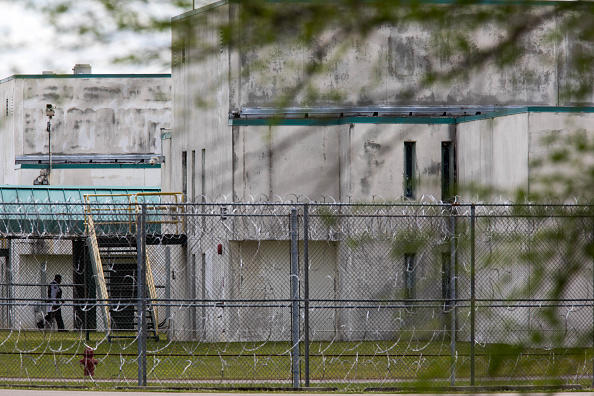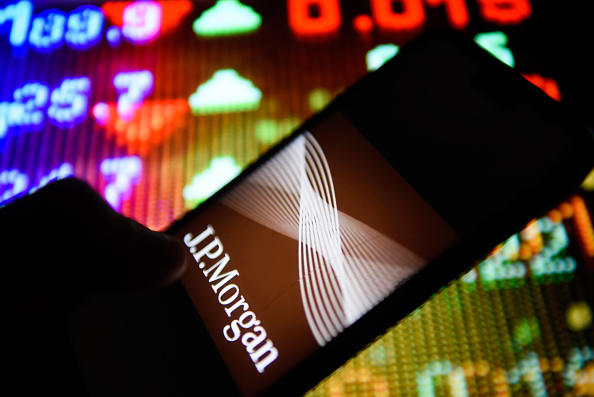All results

Chicago native and Grammy award-winning rapper Common made an imprint this past Tuesday for incarcerated people inside the Stateville Correctional Center located in Cresthill, IL. The inmates will receive a rare opportunity to tap into their creative endeavors with the incorporation of a built-in studio, CBS Chicago reports. The idea was conceptualized by Attorney Ari Williams, who was seeking alternative solutions for inmates to find outlets while fulfilling their sentences. “I know music brings us all together. I want them to be OK. I want them to do something they’ve love to do,” Williams said in an interview with CBS . “And I know many of them are rappers. They love to rap and they love to sing.” Tapping into horizontal networking, Williams was able to contact Common to bring her vision to light. The native rapper utilized his platform to craft the studio space, which will provide tangible resources and a creative outlet. “The gentlemen who are incarcerated deserve access to...

When it comes to prisons, officers talk about all types of contraband — a category that’s massive and can encompass just about anything. Cell phones continue to come up as a cause for concern. Now, the government is testing a new method of control. For five days, the Federal Bureau of Prisons conducted a test for micro-jamming contraband cell phones at the Broad River Correctional Institution in Columbia, South Carolina. Micro-jamming refers to disrupting phone signals in a very precise area. The Department of Justice cites concerns around safety when it comes to contraband cell phones, like the shooting of Robert Johnson . In that case, a hit was ordered by an inmate who had access to a cell phone. “While I served as United States Attorney of Maryland, my office prosecuted an inmate who used a smuggled cellphone to order the murder of an innocent witness,” Deputy Attorney General Rod Rosenstein said. “Contraband cellphones in correctional facilities pose a grave danger. We stand...

JPMorgan Chase will no longer fund private prisons. A spokesperson for the bank informed Reuters of the decision earlier this week. Immigration activists are applauding JP Morgan’s decision. Private prisons have served as detention centers for immigrants since the government’s increased effort to detain undocumented immigrants. According to the New York Times , two of the country’s largest private prison companies — CoreCivic and GEO Group — borrowed almost $2 billion from banks, JP Morgan Chase being one them. The Times also reports that 9 percent of the country’s prison population are in private prisons, and three-quarters of immigrant detainees are housed in private prisons. Last year, activists protested outside of JP Morgan CEO Jamie Dimon’s apartment, highlighting issues with private prisons. Similar protests have taken place for years and many financial analysts and activists have long questioned the ethics and profitability of private prisons. Changing government policies...